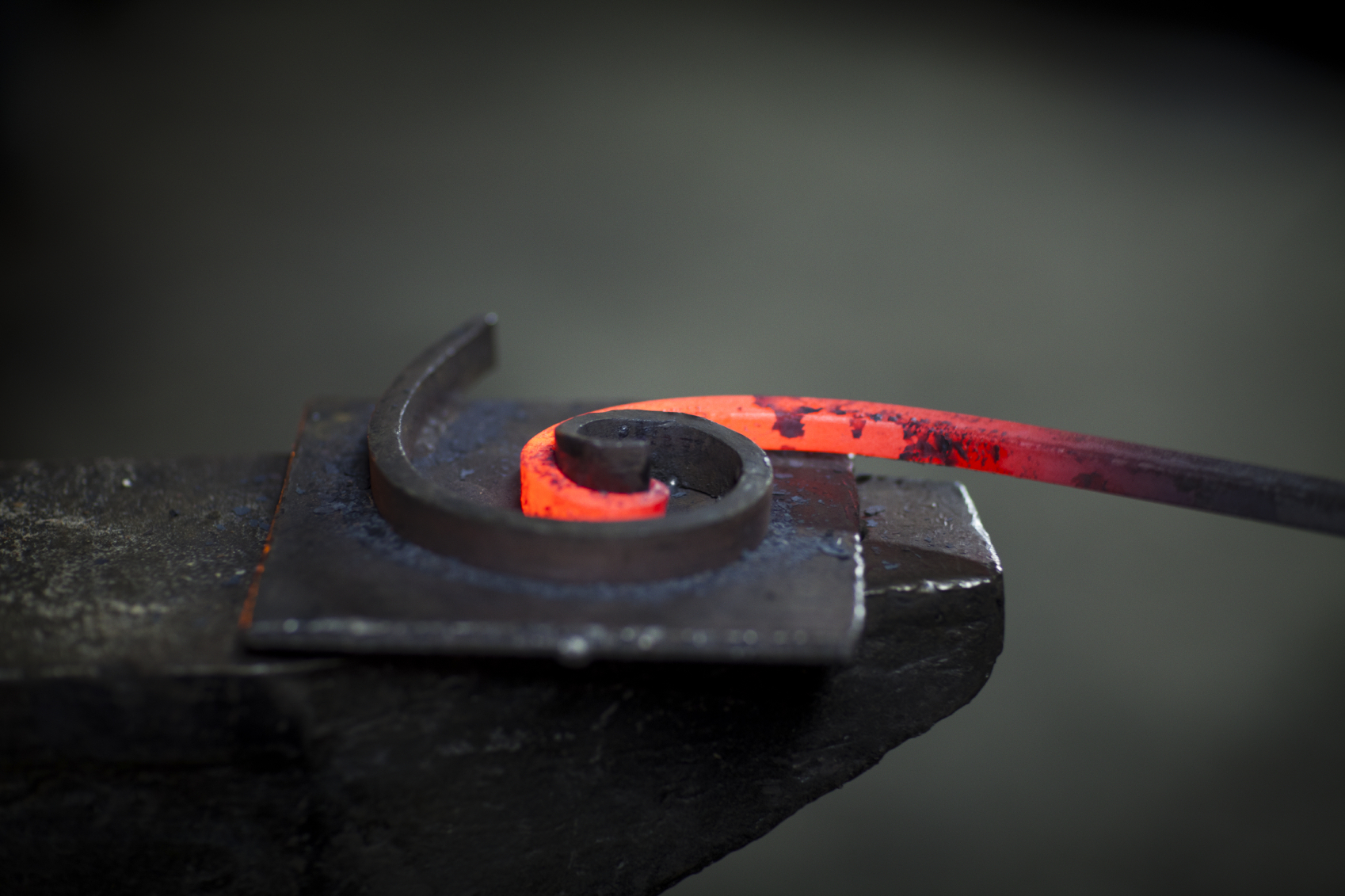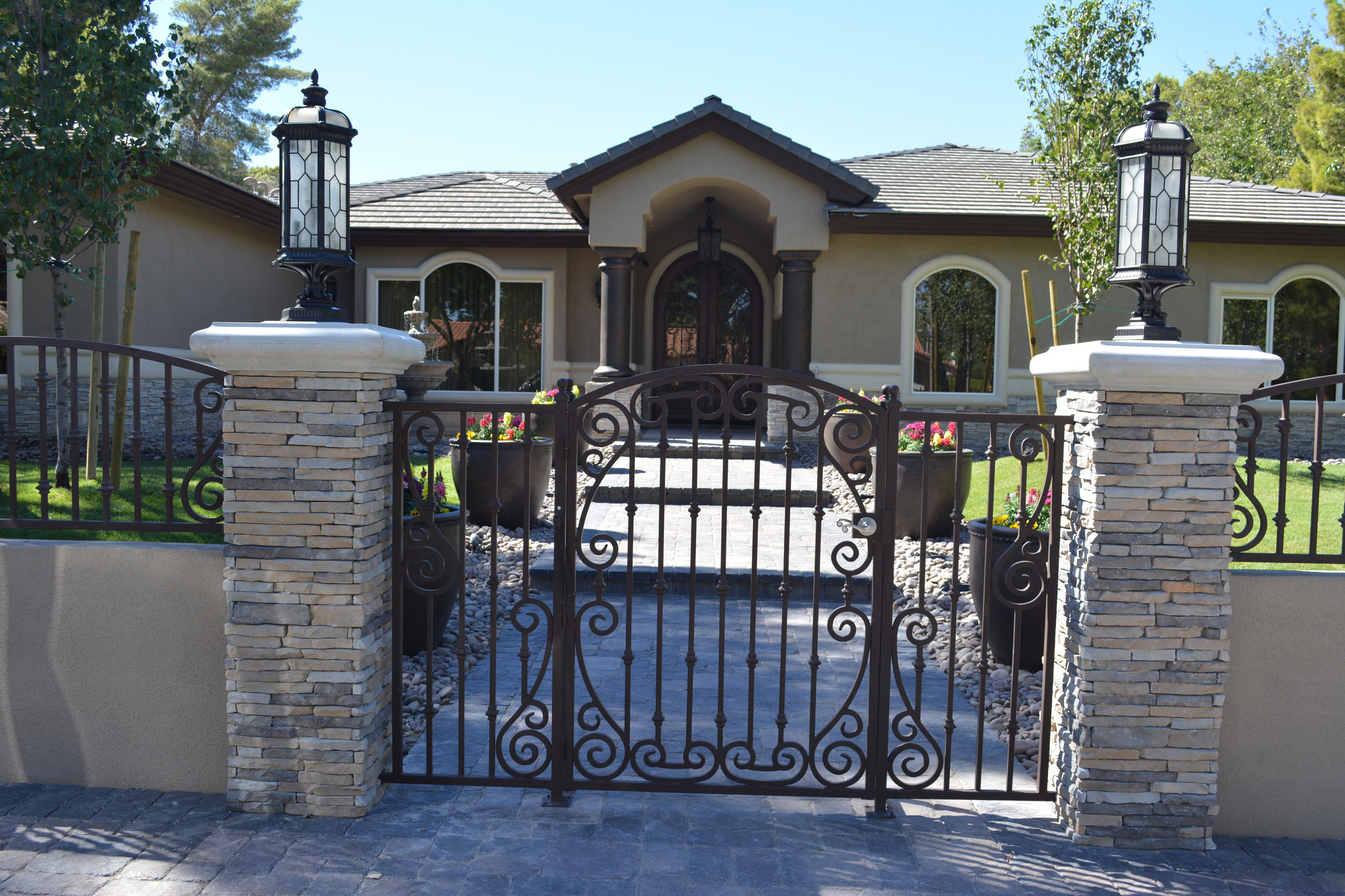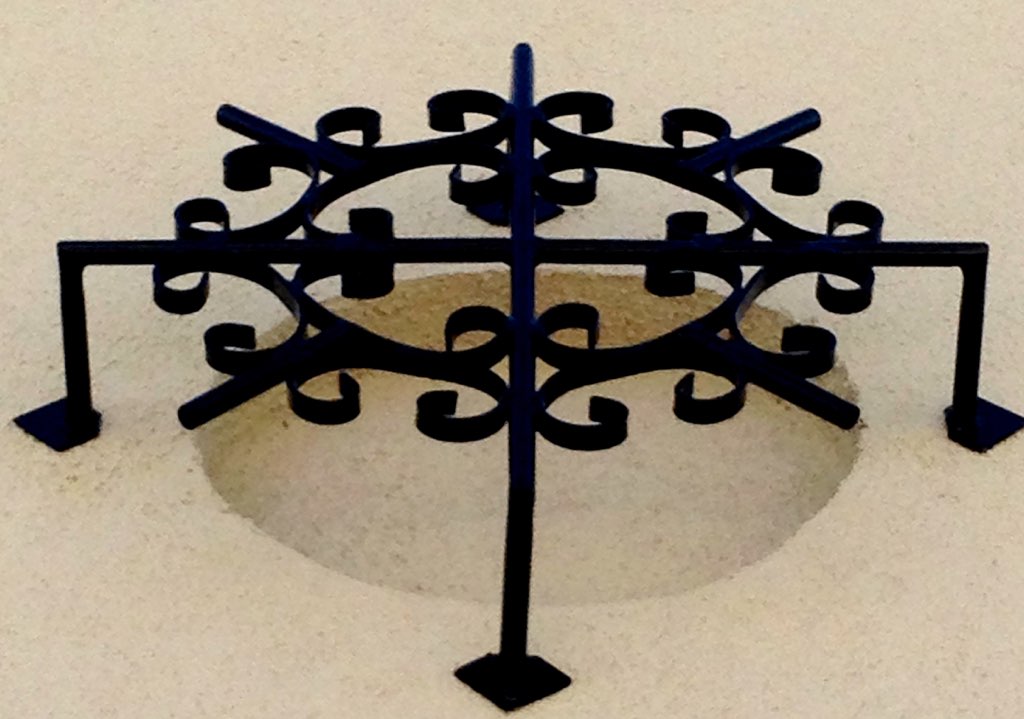
6 Things You Need to Know about DIY Forging
There is a resurgence and rediscovery in the practice of old and practical skills lately. This is partly due to the rise of the “maker” culture, which has brought things such as metalworking, woodworking and even forging back into public consciousness. Unfortunately, those who aren’t cautious in their approach can do serious damage, to themselves and their surrounding area. Here are six things you need to know about DIY forging, and why you may want to think about turning to the professionals.
DIY Forging
Between the maker culture, reality TV and the popularity of medieval fantasy, the idea of rediscovering old crafts like blacksmithing is rising in popularity. DIY forging can be a fun and satisfying hobby, but it carries with it a range of dangers that you need to keep in mind. If you are going to undertake this journey, make sure you consider some important precautions.
It’s Hot
Many people don’t realize just how hot a forge can get. You run the risk for serious burns which can land you in the hospital. You also run the risk of starting a fire that can quickly get out of control. Always wear eye protection, heavy fire-proof clothing and gloves, and use an enclosed (but well-ventilated) forge located away from flammable substances.
It’s Loud
Most people are also unaware of just how loud forging can be. Make sure that you are wearing proper ear protection—so when you’re hammering away with a heavy metal mallet on malleable metal ore, you aren’t costing yourself hearing loss in the future.
It’s Sharp
Forging carries a lot of risk of getting cut, and not just on the blades you’re crafting. There are a lot of tools you use that are sharp and pointed, and many things that might break and leave sharp and ragged edges. Make sure you’re careful against getting cut—the last thing you want is a gash or slice that gets hot metal in it. You could even get poisoned this way!
Stay Hydrated
With all the heat and heavy conditions under which you’ll be working, it’s easy to get dehydrated. Dehydration can sneak up on you, causing dizziness, lethargy, difficulty thinking and problems in judgment, which can lead to any of the accidents above. Make sure that you stay hydrated!
Fumes
Fumes from metalworking combined with the heat can create noxious and toxic conditions. If you can, wear a mask or breather, and make sure that your space is well ventilated!
Find a Teacher
If you’re looking to become a blacksmith, it’s pretty simple: find a licensed, practicing blacksmith and become an apprentice. This is the best way to make sure you are engaging in the right processes and safety procedures as well as learning the ins and outs of the craft.
Of course, it’s much easier just to buy a custom forged item from experienced craftsmen and professionals. As you learn your craft, check out the custom ironwork we offer, and get in touch with us for more information today!




